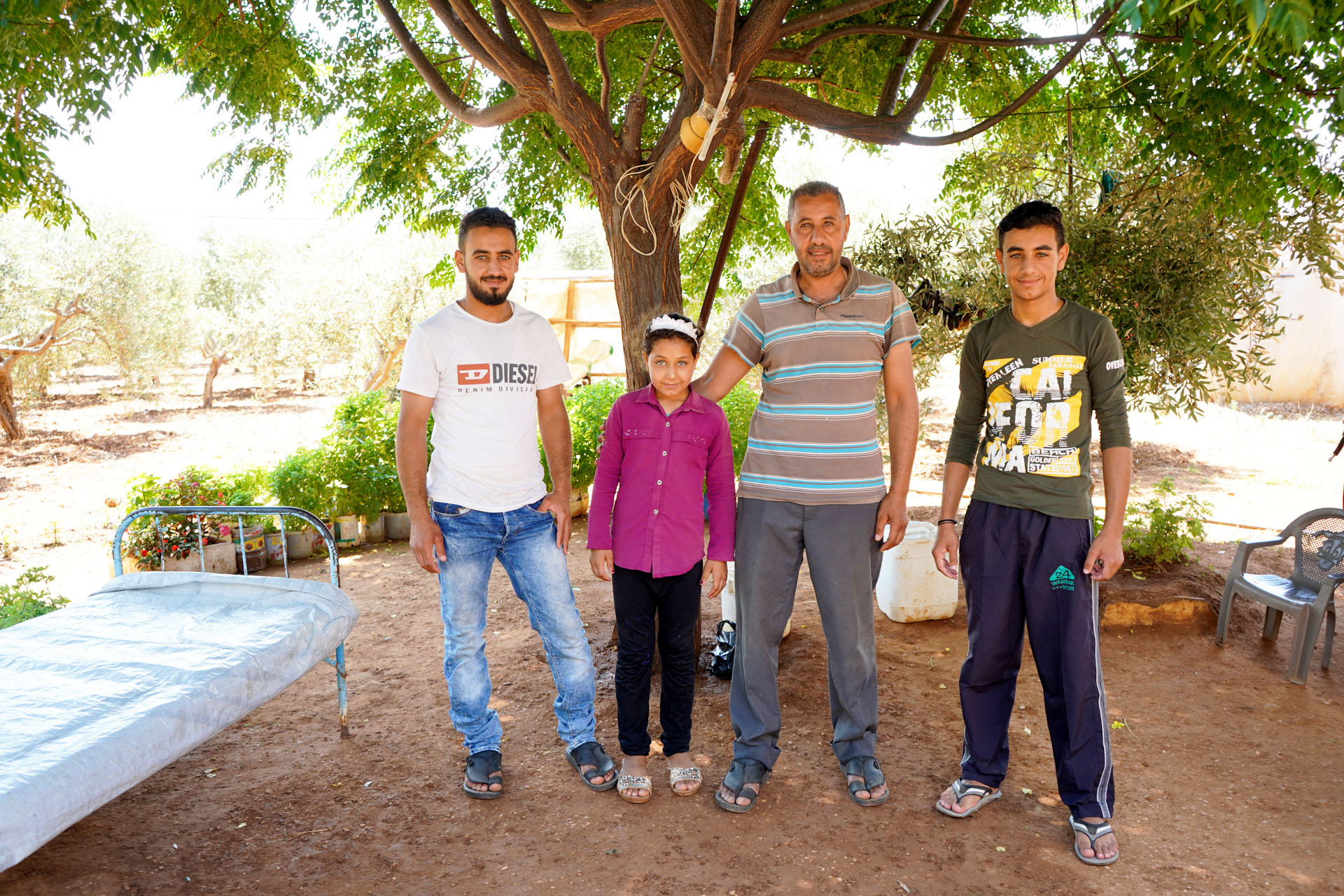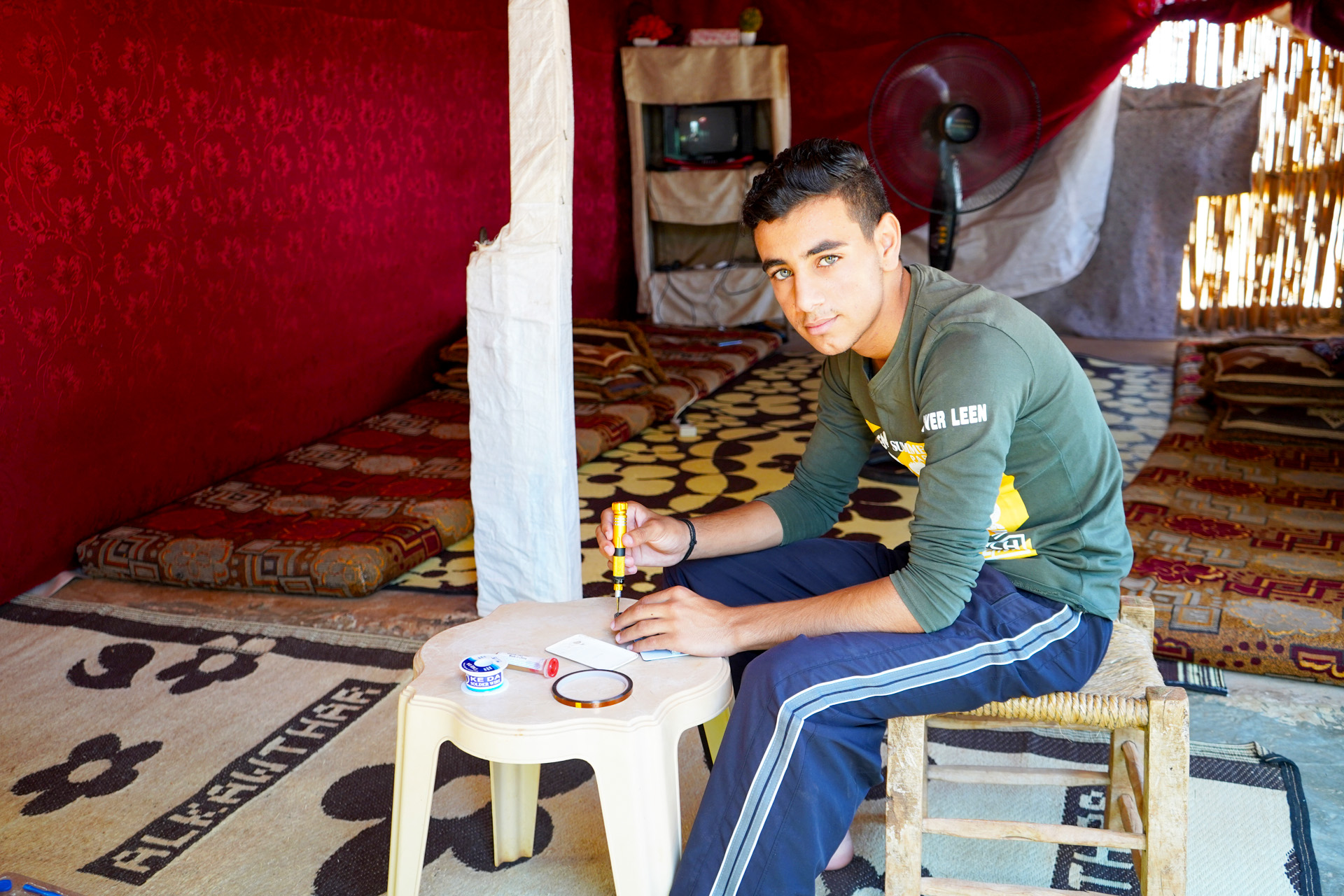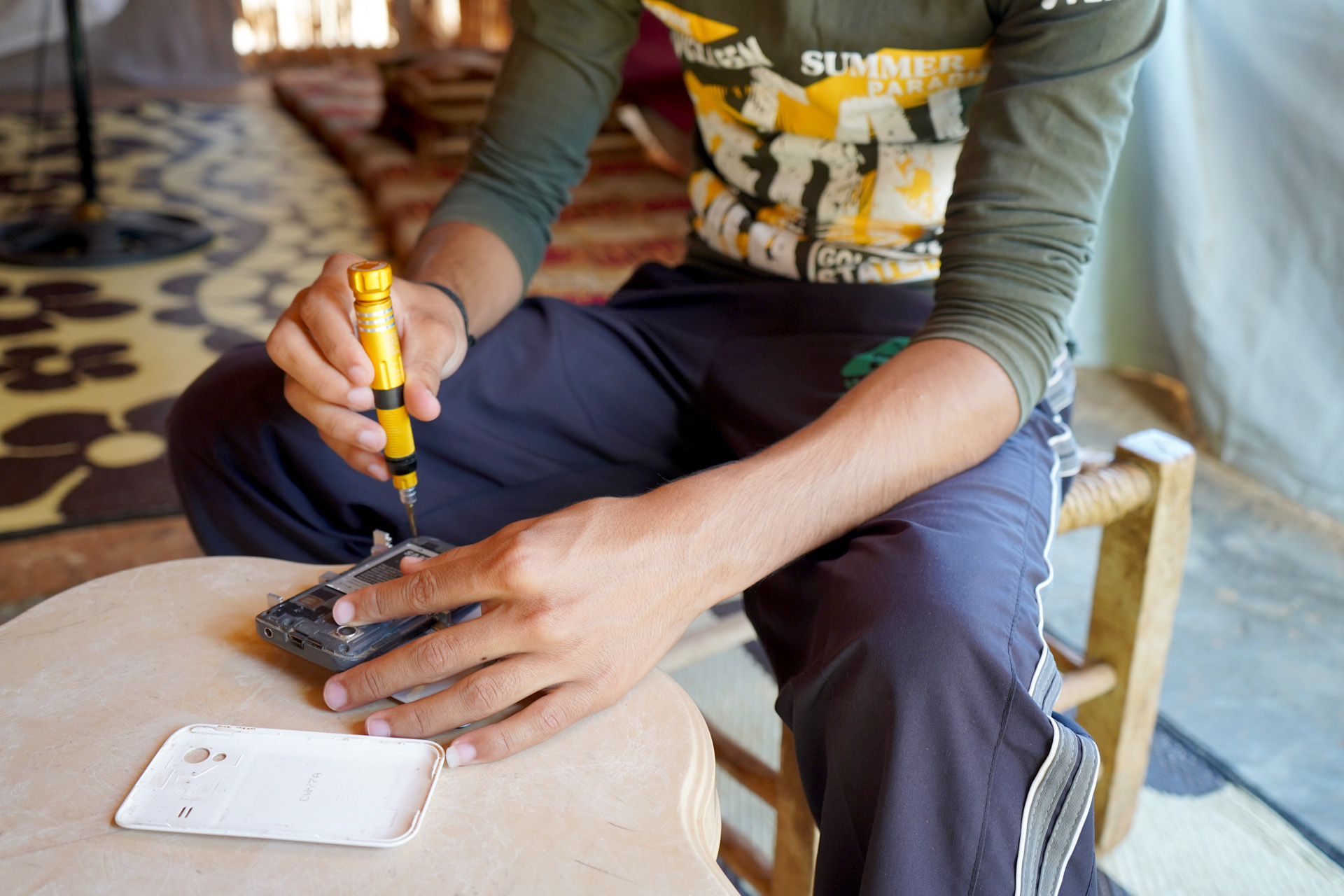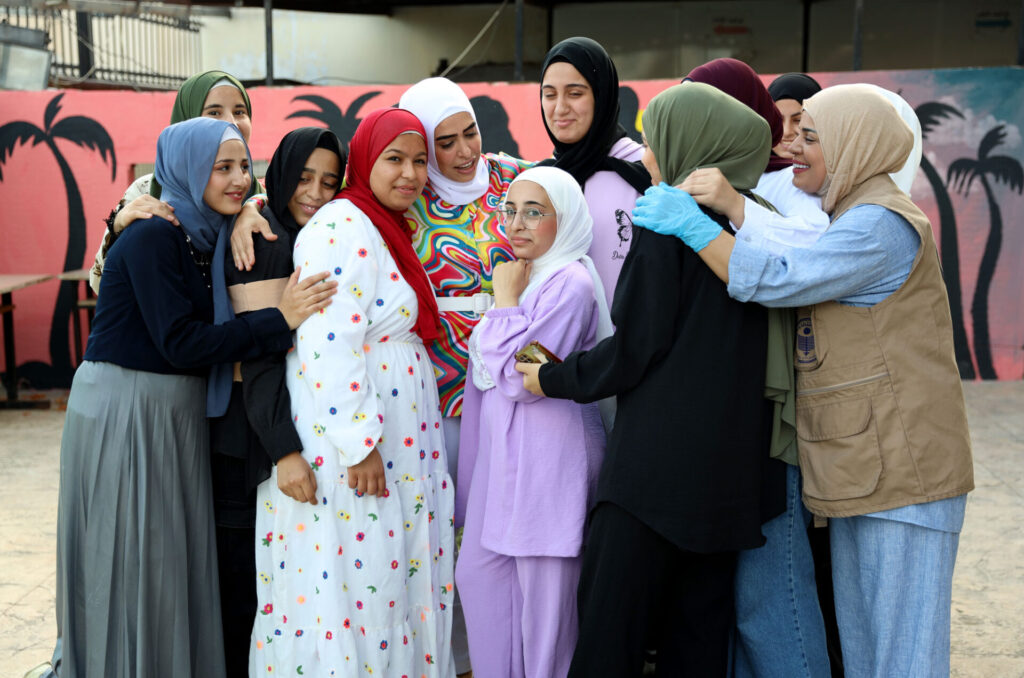EDUCATION
The young apprentice: a future for a Syrian refugee in Lebanon
Jul, 2020
“My whole life changed. I mean, I felt alive! I’m learning something new and technical, not everyone can be a great technician, but I am one. I want to become a master technician.” — Ahed
Today, after nearly ten long years of war, displacement and struggle, Syrian refugees, like many other refugees throughout history, are often viewed as abstractions — headlines in the news. But of course, refugees are just everyday people who have experienced trauma, whose lives have been uprooted and who now find themselves receiving humanitarian aid, not knowing whether it is a passing phase or their new long-term reality.
Ahed is one of those refugees. He and his family were forced to leave Syria amid the fighting.
He has been in Lebanon since he was seven years old.
“I’m 17 years old. I mean, Lebanon was my childhood. Lebanon is all I know!” — Ahed
Like so many Syrian refugees in Lebanon, Ahed’s father was only able to find work at construction sites. ”I grew up and my father was working on projects. I would help him sometimes. I just knew that this is not something I wanted to do for the rest of my life. It just wasn’t me.”
On a blazing hot summer day in early 2019, one of Ahed’s friends stopped by the construction site with exciting news. His friend told him, “There’s this school, like a charity. They’re offering courses that are free of charge! You learn how to find a job! Do you want to enroll with me?!”
Two weeks later, Ahed was officially enrolled in the phone repair vocational course, part of a nationwide partnership between UNICEF and Anera. Before the COVID-19 lockdown and the closing of all schools and educational centers, students enrolled in the program would receive basic literacy and numeracy classes and then enroll in a vocational course.
“My whole life changed. I mean, I felt alive! I’m learning something new and technical, not everyone can be a great technician, but I am one. I want to become a master technician.” — Ahed
Just like his colleagues and friends, Ahed hopes to open a business for himself. But unlike all of
his friends, Ahed had to face yet another obstacle right after completing the course. Out of the blue, while sitting in the tent that serves as his home, a stray bullet tore through the tent’s fabric and struck him in the leg. He later discovered that the bullet was fired by people celebrating an engagement — not an uncommon practice since the days of the Lebanese civil war.
But Ahed didn’t let this bit of wild bad luck hinder his ambition. He used his graduation kit from Anera — a basic phone repair toolkit — to help him kick-start his work and offer freelance phone repair services from home.
We visited Ahed recently to check on his progress and see how he is managing during Lebanon’s deepening economic crisis. In reference to his accidental gunshot wound, Ahed said,
“I had to stay for a two whole months in the tent and receive treatment. Of course I got bored, but having my repair toolkit was a blessing. It saved me! I was able to work while being seated, no problem,” said Ahed with a huge smile on his face.
Ahed’s extended family members, friends and neighbors were referring customers to him. He would fix their phones and they would pay him a small fee. It wasn’t much but it’s still more than what Ahed could possibly make in any other way while recovering from his injury.
Like the majority of refugees in Lebanon who have been severely affected by the COVID-19 lockdown, Ahed is now struggling to make ends meet. The economy has gotten much worse since last year. But he is still repairing many of the broken phones in his camp.
Ahed doesn’t have a phone for himself — he can’t afford one yet. But he knows which one he will get once he has the money for it. “My favorite phone is the Samsung. It’s the coolest! The way it’s made is amazing!”
Ahed is hoping to leave Lebanon one day and study mechanical engineering abroad.





